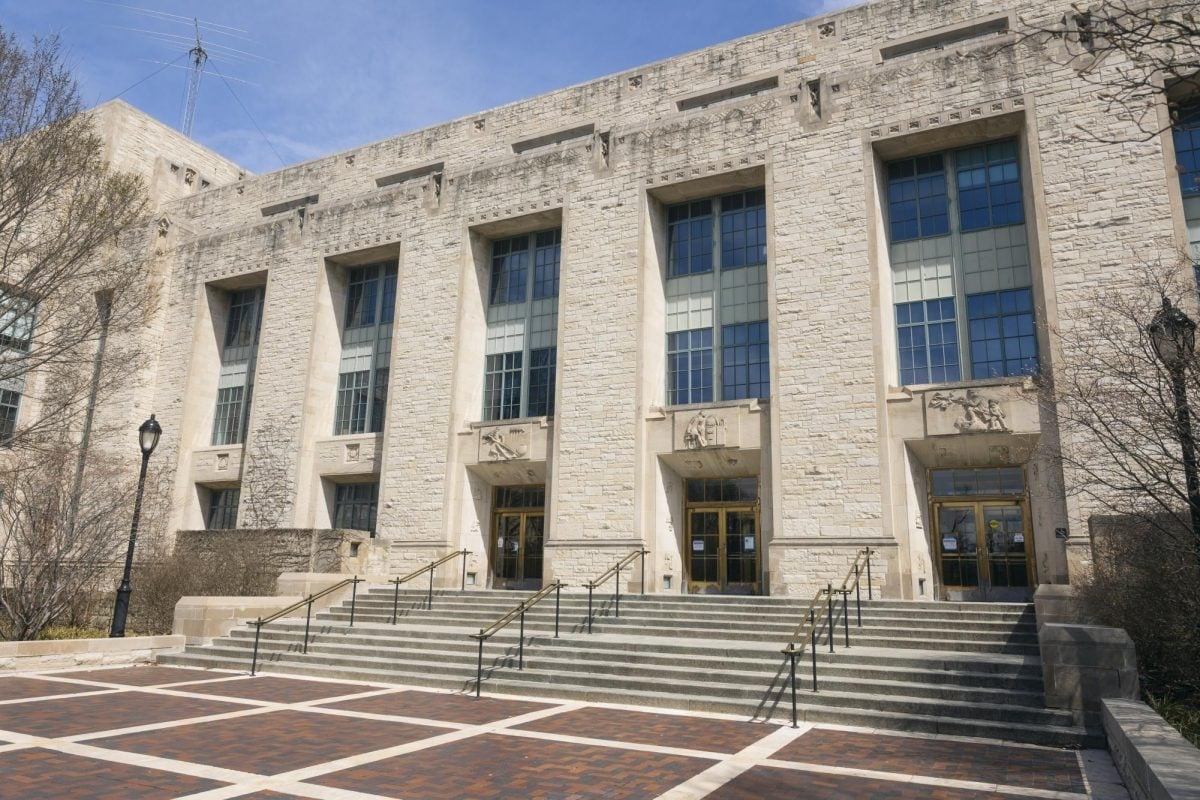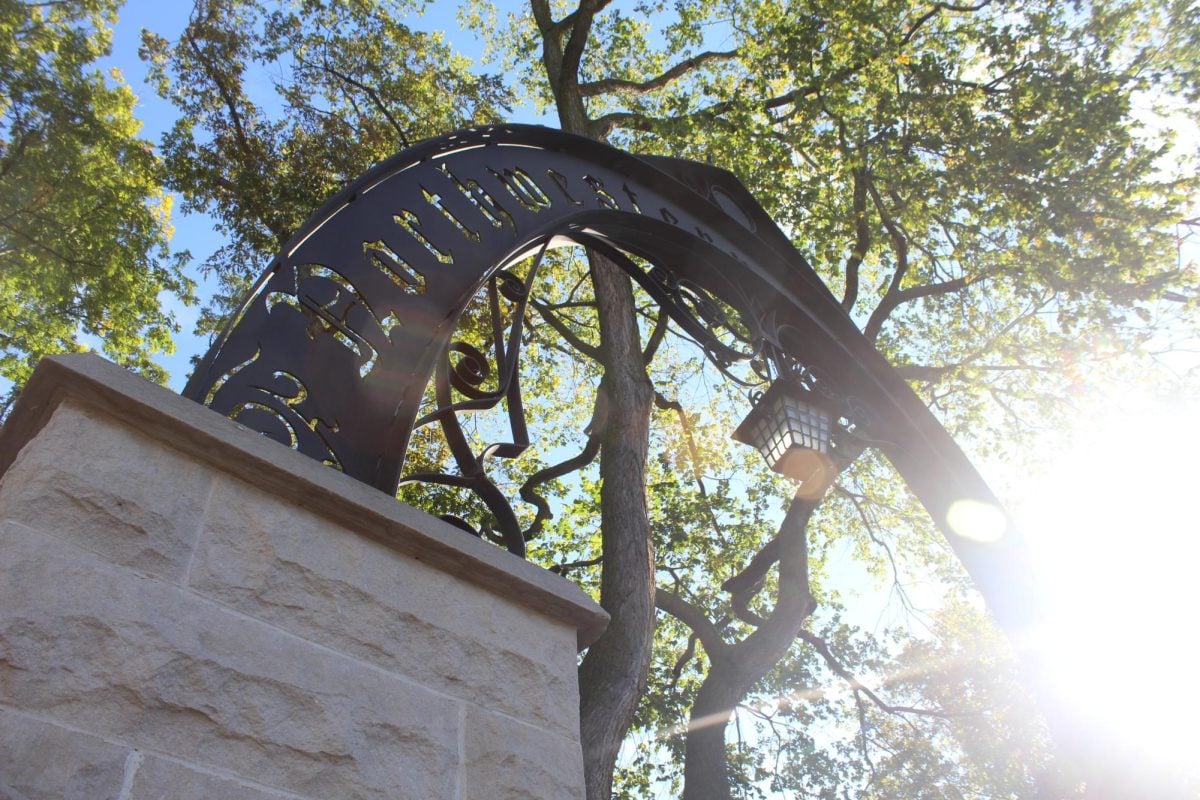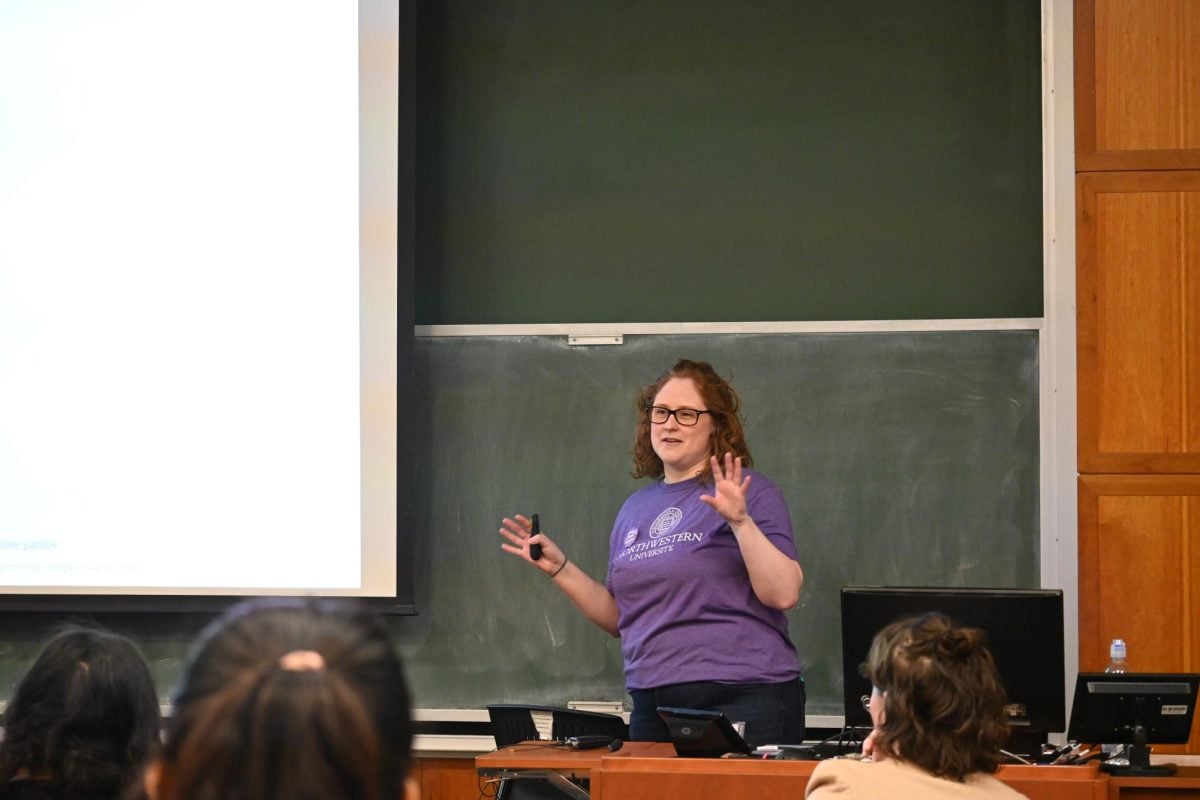Students enrolled in organic chemistry set aside 10 hours per week for lecture and lab, not including the required pre-lab and post-lab write-ups.
Ian Coley, a Weinberg sophomore taking the course, said he sometimes does not get out of lab until 8 p.m. and still has to do homework for other classes. When he suggested to a member of the Associated Student Government that these lab components should be worth additional credit, he found out the academic committee was already working toward this goal.
This initiative, which could apply to students like Coley, would make it possible to receive credit for the lab component of certain science courses.
“This class is unrelenting,” Coley said. “It’s important that it be reflected in our transcript the amount of time and work we put into these classes.”
Currently, certain science courses require a lecture component and a lab component, taught in different locations by separate professors. Lab is required, and lab grades are averaged into each student’s grade for the course as a whole.
Gabby Daniels, ASG’s academic vice president, said the optimal result would be for the lab component to become its own course and account for one-third or half of a credit in addition to the lecture grade.
Daniels raised the issue to ASG’s Committee on Academic Affairs during Fall Quarter, and it is now in the preliminary stage of development. While most committee members were in favor of separating the two course components, Daniels said some students may worry about how the change would affect their grade point average.
“Some people who do well in lab but do worse in lecture might want their lab grade to put more weight into their overall lecture grade,” said Daniels, a Weinberg junior.
The committee plans to work with the science departments that require lab components to poll student interest, Daniels said. If little resistance is met, she said, committee members will present the idea to professors, department chairs and eventually the deans of each affected department.
Arthur Schmidt, director of undergraduate labs for physics and astronomy, said he thinks the initiative has a good chance of being well-received. He said he is personally in favor of a weighting change.
“They definitely deserve more credit,” Schmidt said. “It’s extra time, and it’s a very intense time because the students are actually doing experiments and thinking right there, and so it’s not like a lecture where you’re passively receiving information.”
Coley, who is not part of ASG but is volunteering to help with the project, said he has been researching the top-25 schools in the nation to compare their lab systems to NU’s. So far he said he has found Yale University, California Institute of Technology, Washington University in St. Louis and the University of Notre Dame all give credit for undergraduate lab time.
At Caltech, students receive one credit for every hour they spend in the lab each week, and the course is listed separately on the transcript. Avin Andrade, a sophomore majoring in chemical engineering at Caltech, said these credits will count toward his graduation requirements.
“I truthfully like doing the research regardless of whether or not I get credit,” Andrade said. “But it is nice, and eventually I may have to take one less class because of it.”
Daniels said the process could get complicated because many students in the McCormick School of Engineering and Applied Sciences also take classes in the Weinberg College of Arts and Sciences, so more officials will need to be contacted.
Anne Dong, a McCormick freshman in the biomedical engineering program, is currently on the Biology 210 track which requires a four-hour lab in the winter and five-hour lab in the spring.
“The lab is basically an entire class on its own,” Dong said. “We’re learning about something completely different. I think it definitely should count for half credit.”







